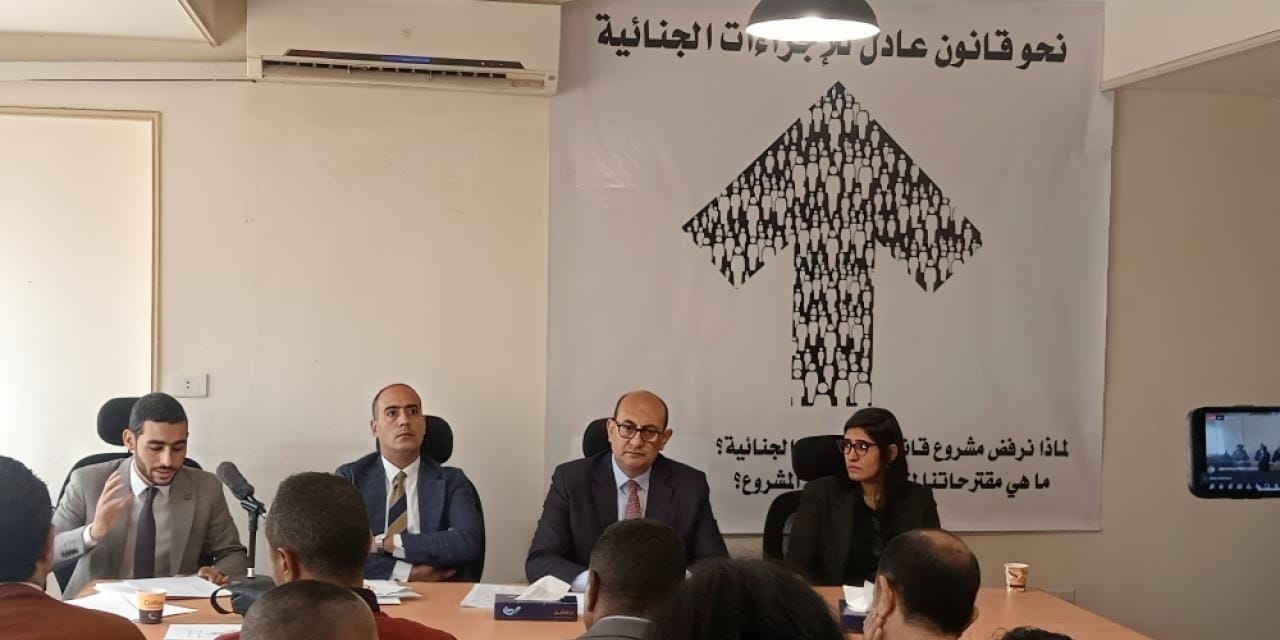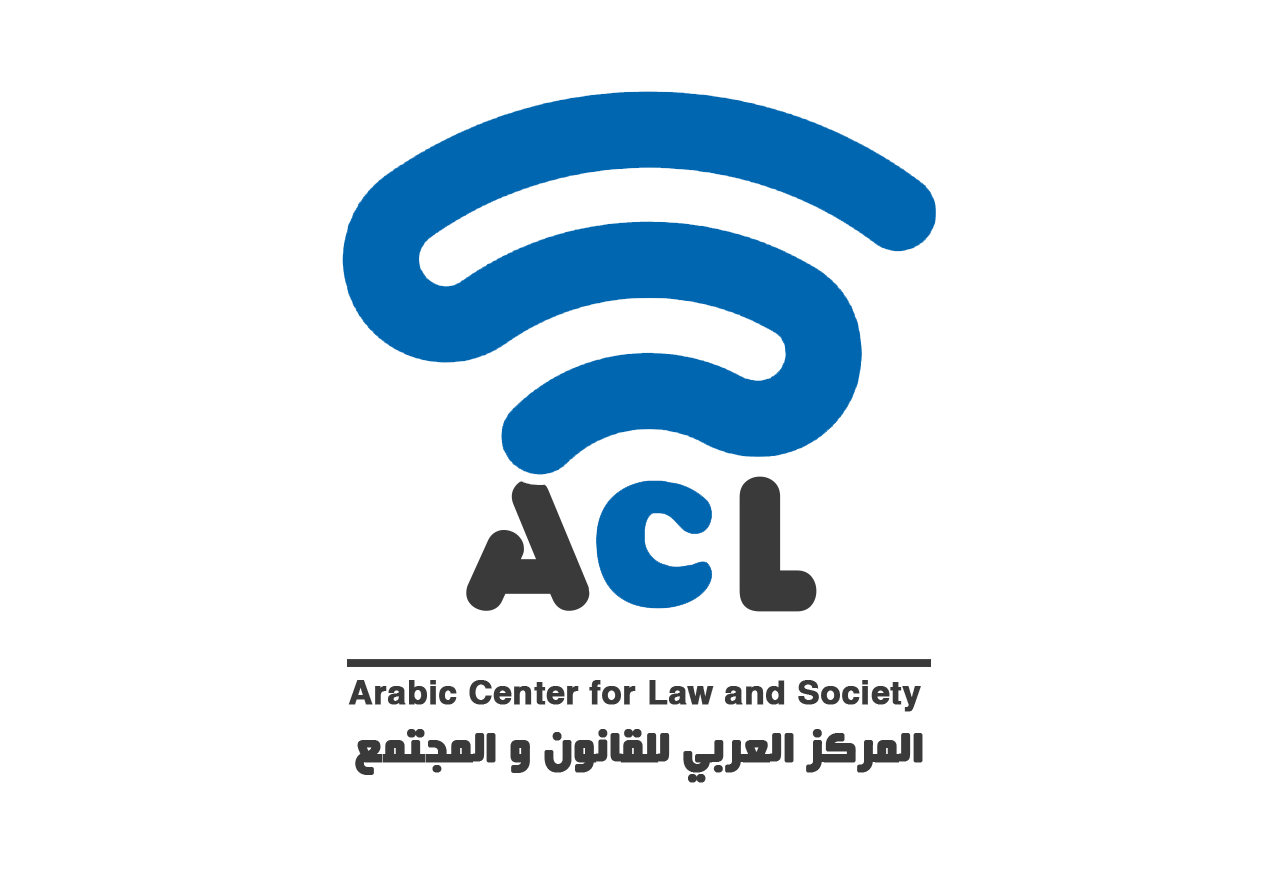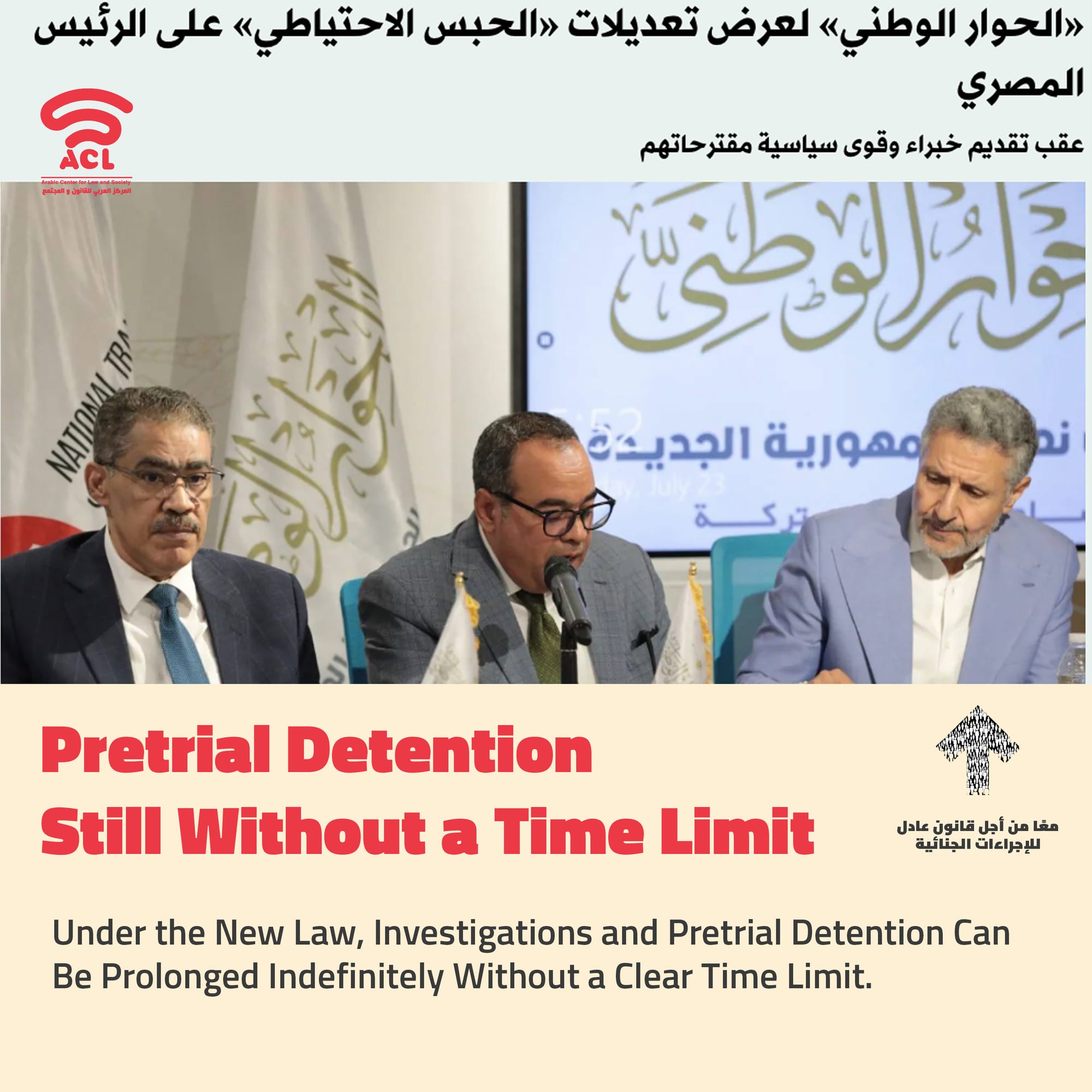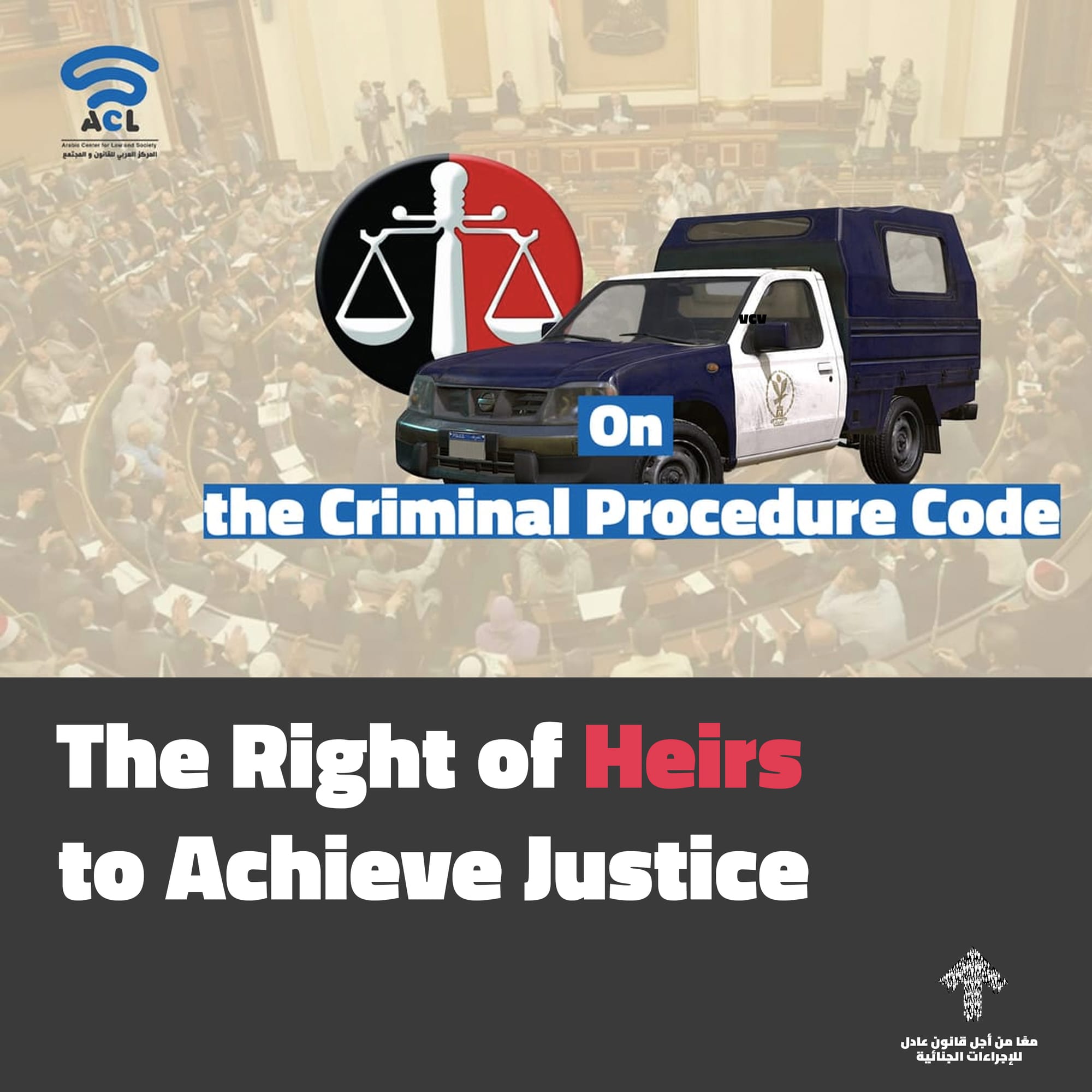Campaign “Towards a Fair Criminal Procedure Law”: Our Position on the Proposed Amendments

Since the House of Representatives began deliberating the draft Criminal Procedure Law, we have deemed it our national and constitutional duty to participate in this historic legislative process. Our engagement stems from our civic responsibility to contribute to public life and voice opinions that advance the national interest, as well as from our professional obligation as lawyers, academics, and human rights experts specializing in criminal justice and the rule of law.
Accordingly, we convened to analyze and review the draft law in depth—examining its provisions, identifying shortcomings, and proposing alternative formulations where necessary. Our review was guided by:
1. The Constitution, which stands as the supreme legal framework guaranteeing rights, freedoms, and obligations.
2. Established judicial principles developed by the Supreme Constitutional Court and the Court of Cassation, which serve as authoritative references for legislators when drafting laws.
3. The National Human Rights Strategy, launched by the Egyptian government to promote all human rights—civil, political, economic, social, and cultural—as enshrined in the Constitution, domestic legislation, and international treaties to which Egypt is a party.
Our deliberations resulted in
a comprehensive policy paper outlining our vision for a fair and balanced Criminal Procedure Law. We submitted this paper—containing constructive proposals for redrafting several provisions—to the relevant state authorities: the Presidency, the House of Representatives, and the Cabinet. Our approach sought to ensure a careful equilibrium between safeguarding individual rights and freedoms within the criminal justice system, and maintaining public order and the rights of others.
Despite these efforts, we were deeply disappointed that our proposals were disregarded. The House of Representatives approved the draft law as presented by the government and referred it to the President for ratification, notwithstanding its numerous flaws—ranging from poor legislative drafting to apparent inconsistencies with constitutional provisions. These concerns have been widely echoed
by distinguished scholars of criminal law, judges, practicing lawyers, and legal researchers recognized for their expertise.
We were encouraged, however, when the President objected to certain provisions and referred the law back to Parliament for reconsideration. This development prompted us to urge the House of Representatives to use this opportunity not only to address the President’s specific objections but also to undertake a comprehensive review of the entire draft, especially since its referral restored full legislative authority to the House.
Nevertheless
, the House’s subsequent handling of the draft fell short of constitutional intent. By confining its review solely to the articles objected to by the President and declining to revisit other interrelated provisions, Parliament acted contrary to the spirit of the Constitution, which does not restrict its authority to reconsider any part of a bill once returned by the President.
The final report of the special parliamentary committee—approved in the general session—introduced amendments that represented a clear regression from the progressive principles initially included in the draft. These changes undermined the right to defense and weakened fundamental safeguards of individual liberty.
Below we set out our principal objections to certain amended provisions adopted by Parliament following the President’s comments:
First Article (6) Effective Date
The original draft provided that the law would come into force on the day following its publication. The revised version postponed its entry into effect to October 1 following the date of publication, purportedly in response to the President’s objections. This reasoning is inaccurate.
The President’s concerns related solely to a limited number of newly introduced provisions—such as Article (232), which establishes telephone notification centers under the Ministry of Justice—requiring logistical preparation prior to implementation. However, other provisions, including those reforming pretrial detention periods and introducing new safeguards concerning travel bans and related appeals, could have taken immediate effect. Postponing the law’s enforcement deprives detainees of timely legal relief and weakens the new procedural guarantees that were intended to protect individual rights.
Second Article (105) Interrogation Without Counsel
The original draft prohibited questioning or confronting a defendant without the presence of legal counsel, in line with Article (54) of the Constitution. The amended version, however, inserted a paragraph allowing the prosecutor to proceed with questioning if the defense lawyer failed to appear “where delay would be prejudicial.”
Although the House subsequently
narrowed this exception to cases where the defendant’s life is at risk and only after requesting a court-appointed lawyer, it neglected to amend Article (64)—which allows judicial officers delegated by the prosecution to interrogate suspects in urgent cases—without expressly requiring the presence or appointment of counsel. This inconsistency reflects a hasty and fragmented approach to legislative revision, undermining the coherence of the draft and its compliance with constitutional safeguards.
Third: Article (112) Custodial “Placement” Prior to Interrogation
The amended article authorizes the placement of a defendant in a correctional or detention facility “until interrogation in the presence of counsel.” While the committee justified this revision by citing the President’s call for constitutional consistency with Article (54), the new text effectively introduces a new form of pretrial detention—a vaguely defined “placement order.”
This provision opens the door for investigative authorities to detain individuals indefinitely
under the pretext that interrogation cannot proceed without counsel, without establishing objective criteria for such a determination. As the time spent in “placement” would not count toward the maximum limits of pretrial detention, this mechanism risks legitimizing prolonged deprivation of liberty without interrogation, in direct violation of constitutional guarantees of personal freedom.
The flaws identified above are not merely technical errors but reflect a broader failure in legislative policy affecting one of the Constitution’s most essential complementary laws. Rather than strengthening procedural safeguards, the latest amendments have diluted and diminished them—representing a significant setback for justice and human rights.
We therefore categorically reject these amendments and call upon the President of the Republic to withhold promulgation of the law and refer it to the Senate for further review. We further urge that the bill be resubmitted to the House of Representatives in the next legislative term for comprehensive reconsideration—free from political haste and within a deliberative framework that ensures the law’s full consistency with the Constitution, both in letter and spirit. Only then can this law serve its intended purpose: to enhance respect for human rights and guarantee a criminal justice system that is both swift and fair.
Signatories
The Popular Socialist Alliance Party
The Karama Party
The Bread and Freedom Party
The Egyptian Communist Party
Workers’ Secretariat of the Conservative Party
Helwan Bar Association
Arab Center for Law and Society Studies
Egyptian Center for Economic and Social Rights (ECESR)
Egyptian Initiative for Personal Rights (EIPR)
Association for Freedom of Thought and Expression (AFTE)
Egyptian Center for Women’s Rights
Al-Haq Foundation for Freedom of Opinion, Expression, and Human Rights
The New Woman Foundation
Tibyan for Rights and Freedoms
Mizan Initiative for Law
Themis for Rule of Law
Hurriya Law Office – Hala Douma & Partners
Egyptian Commission for Rights and Freedoms (ECRF)
The Egyptian Human Rights Forum
The Egyptian Front for Human Rights
EgyptWide for Human Rights
Regional Center for Rights and Freedoms
DEFENSE – Khaled Ali Law Firm
Egyptian Observatory for Journalism and Media




